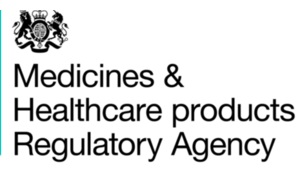
Originally Posted by
Rashmi

Hi olyberse, please see response below from a UKAS technical assessor
bw
Rashmi
__________________________________________________ _____________________
Reply:
I think you are referring to clause 5.6.4 – Comparability of examination results.
There shall be a defined means of comparing procedures, equipment and methods used and establishing the comparability of results for patient samples throughout the clinically appropriate intervals. This is applicable to the same or different procedures, equipment, different sites, or all of these……
I’m not sure why your colleagues think that they have to send out patient samples. As you have described, there are alternatives available, they just need to be able to explain and justify their approach to the assessor. The key thing is that comparability of examination results is being formally documented and reviewed on a regular basis and any spurious results are acted upon and users notified. This may be different to your normal EQA activity.
I have observed many labs which are compliant with this clause and don’t send out patient samples. It could be that your colleagues are possibly not meeting some other aspect of the clause such as the documentation of comparison and review? Hope this helps.
. For everything we do I believe we need to understand the 'why' we are meant to do this, and simply stating that it's part of the Standards etc- isn't helpful and contributes to hours of discussions, extra work that has little added value, and is unachievable to maintain.



 Reply With Quote
Reply With Quote
